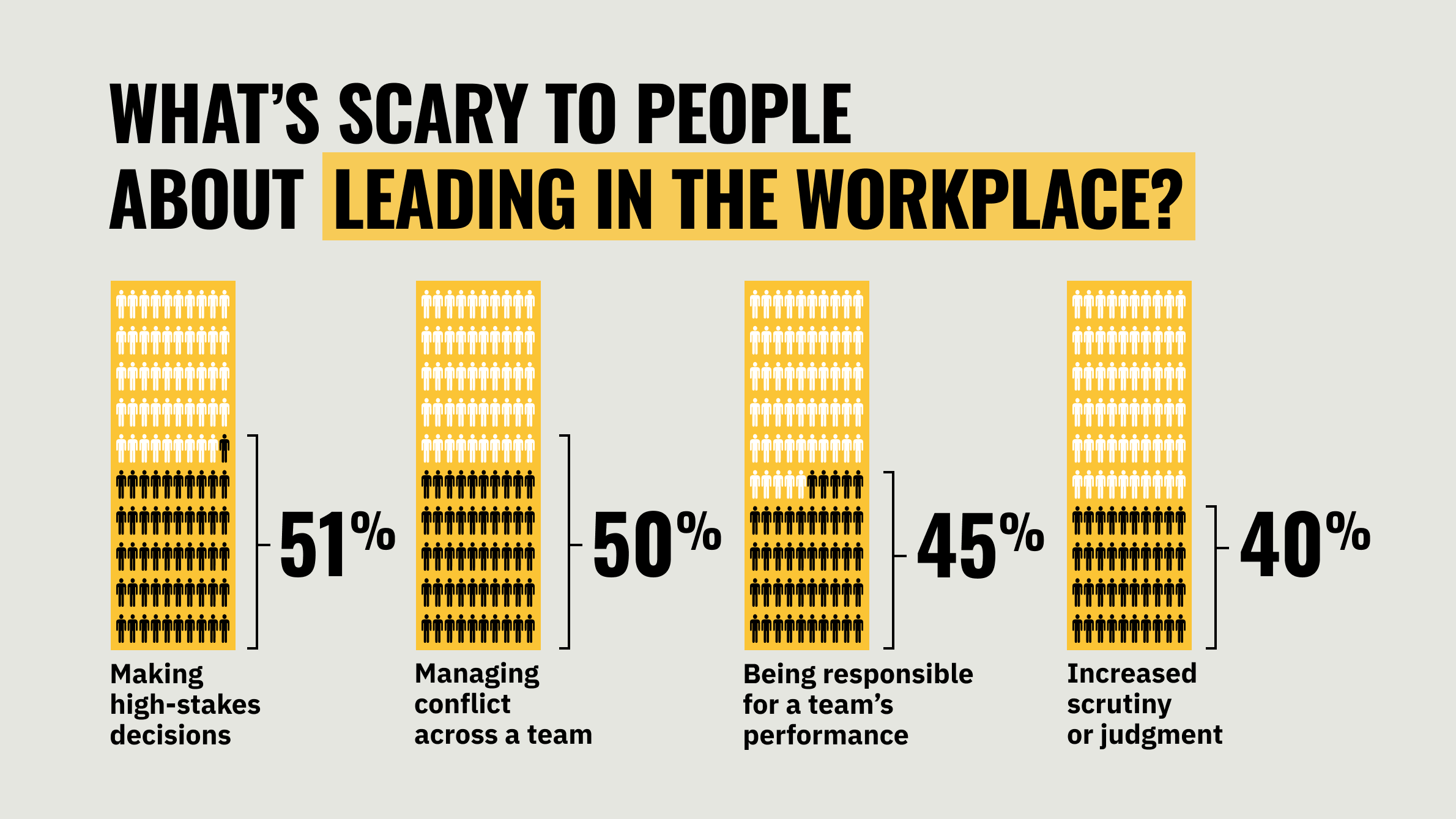A Reply to Time Magazine’s Michael Grunwald: Why Analysis and Critical Reflection on the XL Tar Sands Pipeline Is Needed

In a column this week at Time magazine, Michael Grunwald says he’s on the side of activists who oppose the XL Tar Sands pipeline and chides the “respectable centrist pundits” who have raised questions about the protesters’ strategy. According to Grunwald, writers like the New York Times Andrew Revkin or the editors at the journal Nature are:
…desperate to differentiate themselves from the unkempt riffraff who never shut up about the broiling of the planet. Respectable pundits see themselves as rational analysts, not emotional activists. They recognize the emergency but feel uncomfortable about the sirens. They endorse the war, but like armchair McClellans, they are always finding excuses for why we shouldn’t fight.
But I think Grunwald misses the core issue. As analysts and journalists, we are all free to take sides and express support for a specific outcome in a policy debate and there is an important role for voices like Bill McKibben or Grunwald in doing so.
At the same time, we also need voices and forums like Revkin’s Dot Earth or the opinion pages of Nature magazine where critical self-reflection on strategy can take place and where there is a critical questioning of assumptions that make partisans on all sides uncomfortable.
That’s the focus of my Voices column this week at the terrific new web magazine Ensia, launched by the Institue of the Environment at the University of Minnesota.
Here’s the take away from the piece:
The reality is that multiple discourses about addressing climate change exist, even among the most visible voices working to improve public understanding and empower action. For the broad community of groups, experts and thinkers focused on combating climate change, healthy debate and disagreement about strategy and tactics could be a strength, rather than our undoing. After all, despite differences, we all want to move society forward on the problem. Respectful debate can help us recognize shared goals and craft realistic policy approaches….
….On the road to climate progress, what we truly need are venues where there can be respectful, crosscutting discussion of science, policy and politics that challenges assumptions and widens the menu of options available to policymakers rather than narrowing them. Ultimately, we all share overlapping goals, even if our strategic and tactical approaches may differ. Rather than viewing dissonance as a weakness, we should use the diverse perspectives as a foundation for building a strong set of actions to combat climate change.





